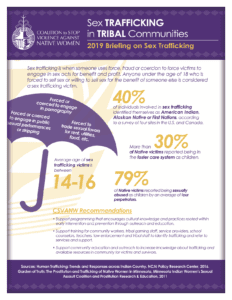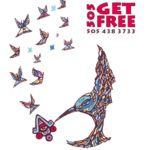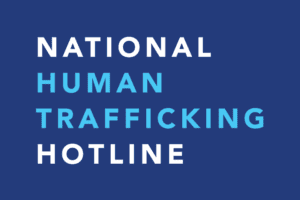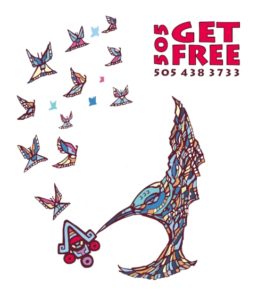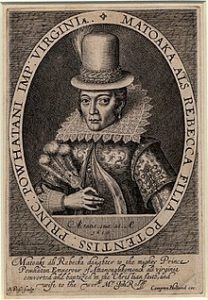 Sex trafficking has been in our tribal communities since pre-colonization 500 plus years ago. Colonization has left an upsetting image on our bodies through assimilation and ongoing laws that target Native women and children. For an example Disney movie Pocahontas depicts a native woman falling in love and saving John Smith from her father and later in the story she falls in love with John Rolfe. Of course, the way Disney depicts this story in a beautiful way, where Pocahontas wanted to experience conquest however realistically, Pocahontas was only 11 years old when she met Smith and was later sexually assaulted and trafficked.
Sex trafficking has been in our tribal communities since pre-colonization 500 plus years ago. Colonization has left an upsetting image on our bodies through assimilation and ongoing laws that target Native women and children. For an example Disney movie Pocahontas depicts a native woman falling in love and saving John Smith from her father and later in the story she falls in love with John Rolfe. Of course, the way Disney depicts this story in a beautiful way, where Pocahontas wanted to experience conquest however realistically, Pocahontas was only 11 years old when she met Smith and was later sexually assaulted and trafficked.
 After 500 years of settler colonization our tribal peoples experience to violence has been normalized amongst our communities due to the lack of structure of data collection, underreporting, and infrastructures for police stations, shelters, and resource centers.
After 500 years of settler colonization our tribal peoples experience to violence has been normalized amongst our communities due to the lack of structure of data collection, underreporting, and infrastructures for police stations, shelters, and resource centers.
At CSVANW we are apart of the New Mexico Human Trafficking Tribal Taskforce and New Mexico State Human Trafficking Taskforce.
Why are Native Women most vulnerable to sex trafficking?
- Financial barriers
- Addictions
- Depression
- Access to jobs
- Homelessness
- Forced
Signals/ Identifiers of victims:
- Drug and alcohol addiction
- Burns, Broken bones, Concussions
- STDs
- Poor mental health behavior (Fearful, anxious, nervous/paranoid)
- Avoids eye contact
- Signs of sexual abuse/ physical restraint
- No personal possessions
- Not allowed or able to speak for themselves (Third Party might be present)
- Loss of sense in time
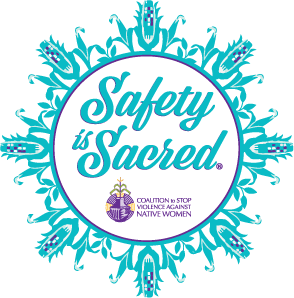
Where is sex trafficking happening?
- Strip Clubs
- Casinos
- Escort Services
- Massage Parlors
- Hotels
- Shopping Malls
- Truck Stops/Gas stations
- Homes
- Powwows
- Internet (Craigslist, backpage,etc)
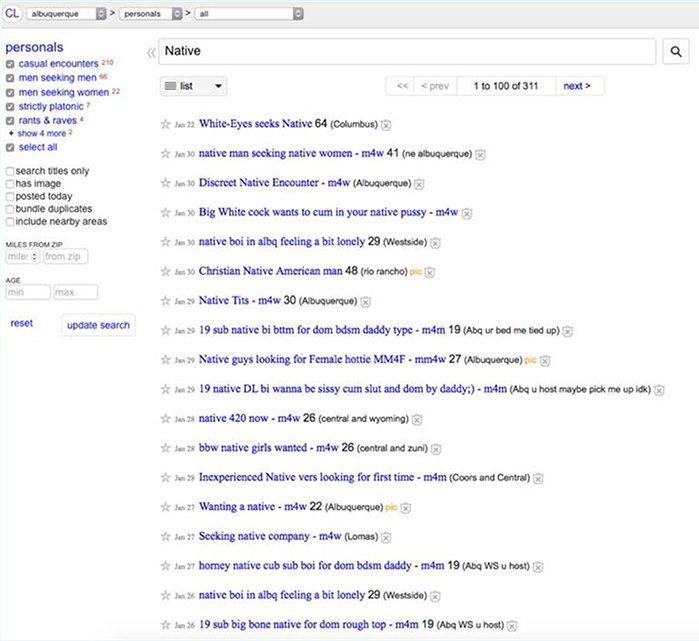
Tactics of Traffickers are consistent with many of the tactics used by colonial and American Governments to subjugate Native people. This power and control is so deeply ingrained in American history that is often rendered invisible and thus becomes normalized.
Traffickers Promise:
- Love and Attention
- Expensive gifts and appealing promises
- Stability, family and shelter
- Money
- Better life
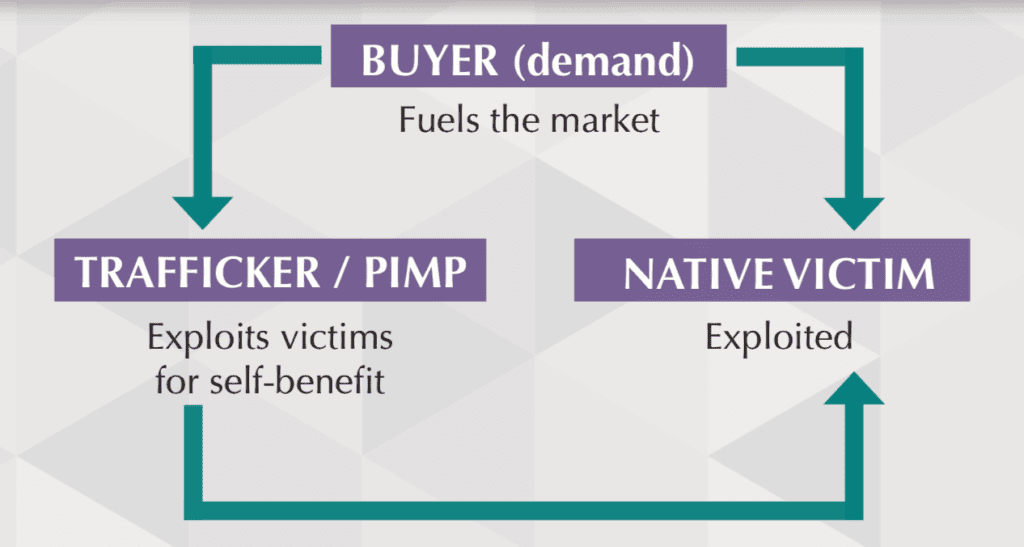
Resources
For information about human trafficking in New Mexico, resources and referrals for victims, or other assistance, please call 505 GET FREE.

